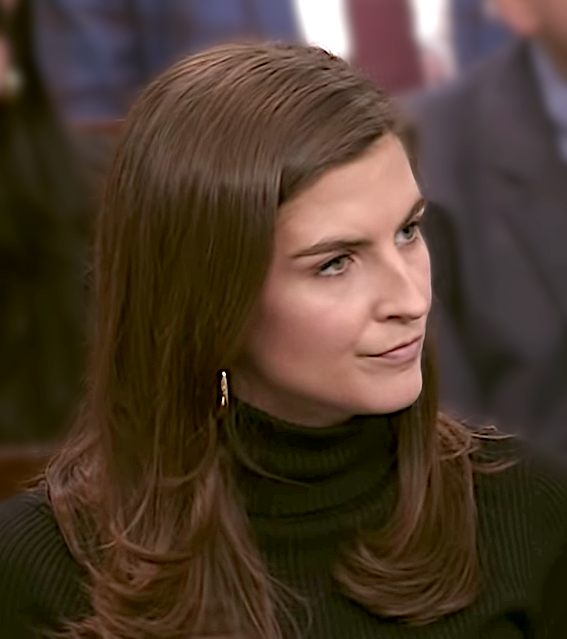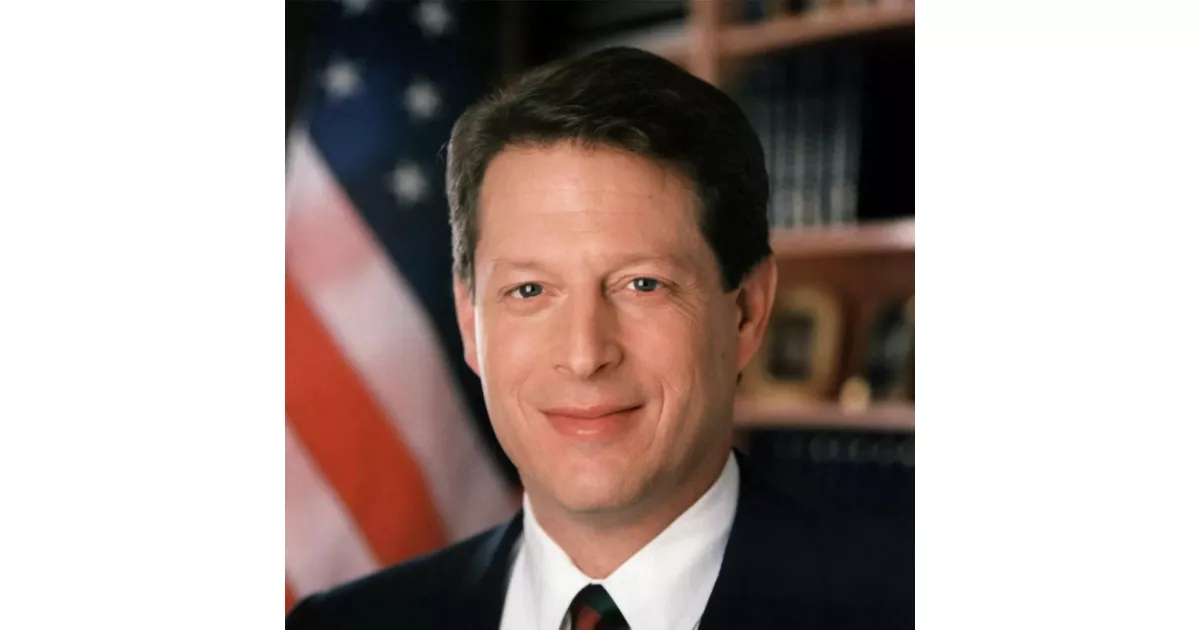A detailed timeline of the impact and legacy of Al Gore across different fields.
Al Gore served as the 45th U.S. Vice President under Bill Clinton (1993-2001). Prior to that, he represented Tennessee in both the House of Representatives (1977-1985) and the Senate (1985-1993). As the Democratic nominee in the 2000 presidential election, he lost to George W. Bush despite winning the popular vote. He is also a businessman and environmentalist.
April 3, 1989: Albert Gore Accident
On April 3, 1989, Al Gore's six-year-old son, Albert, was hit by a car after running across the street. Albert was severely injured. This event was "a trauma so shattering that [Gore] views it as a moment of personal rebirth", a "key moment in his life" which "changed everything".
1992: Earth in the Balance
In 1991 Gore wrote Earth in the Balance, a text that became the first book written by a sitting U.S. Senator to make The New York Times Best Seller list since John F. Kennedy's Profiles in Courage.
December 13, 2000: Gore Concedes the 2000 Presidential Election
On December 13, 2000, Al Gore conceded the election to George W. Bush, despite disagreeing with the Supreme Court's decision to halt the Florida recount. Gore stated that he offered his concession for the sake of unity and the strength of democracy.
2000: Change in Policies
Al Gore's policies changed substantially in 2000, reflecting his eight years as vice president.
2005: Webby Awards Lifetime Achievement Award
In 2005, Al Gore received the Lifetime Achievement Award at the Webby Awards for his contributions to the Internet. During his acceptance speech, limited to five words, he joked: "Please don't recount this vote." Vint Cerf also joked, "We all invented the Internet."
2008: Shift in Position on Gay Rights
In 2008, Al Gore stated that he thinks "gay men and women ought to have the same rights as heterosexual men and women...to join together in marriage."
2008: Blitzer reflects on the 'invented the Internet' controversy
In 2008, Wolf Blitzer reflected on the 1999 interview with Al Gore and the subsequent controversy, acknowledging that Gore's carefully phrased comment about creating the Internet was distorted by his enemies, resulting in a devastating setback for Gore.
2017: An Inconvenient Sequel: Truth to Power
In 2017, Al Gore was the subject of the documentary "An Inconvenient Sequel: Truth to Power".
2023: Only Presidential Candidate to Win Every Primary
As of 2023, Al Gore remains the only presidential candidate in American history who was not the incumbent president to win every single contest in his or her party primary.
2023: Vice-Presidential Debate Record
As of 2023, the Clinton-Gore vice-presidential debate against Vice President Dan Quayle, and Admiral James Stockdale remains the only televised Vice-Presidential debate with more than two participating candidates.
Mentioned in this timeline

Jesse Jackson is an American civil rights activist politician and...

Bill Clinton served as the nd U S President from...

Hillary Diane Rodham Clinton is a prominent American politician lawyer...

George W Bush the rd U S President - is...

Joe Biden is an American politician who served as the...

The White House located at Pennsylvania Avenue NW in Washington...
Trending

39 minutes ago US, Israel launch military operation against Iran, airstrikes kill leader, Gulf earthquake follows.

39 minutes ago Kaitlan Collins covers Bill Clinton's Epstein testimony and calls out Trump allies.

40 minutes ago Adam Levine and Behati Prinsloo: Navigating Cheating Allegations and Maintaining Relationship

40 minutes ago Brandi Carlile Honored as Time's 2026 Woman of the Year, Other News Emerge
Gabe Perreault is a Canadian-born American professional ice hockey player currently playing for the New York Rangers in the NHL...

40 minutes ago Steve Witkoff involved in tense Geneva meeting before US-Iran conflict escalation.
Popular

Jesse Jackson is an American civil rights activist politician and...

Hillary Diane Rodham Clinton is a prominent American politician lawyer...

Jim Carrey is a Canadian-American actor and comedian celebrated for...

XXXTentacion born Jahseh Dwayne Ricardo Onfroy was a controversial yet...

Kashyap Pramod Patel is an American lawyer who became the...

Michael Joseph Jackson the King of Pop was a highly...

